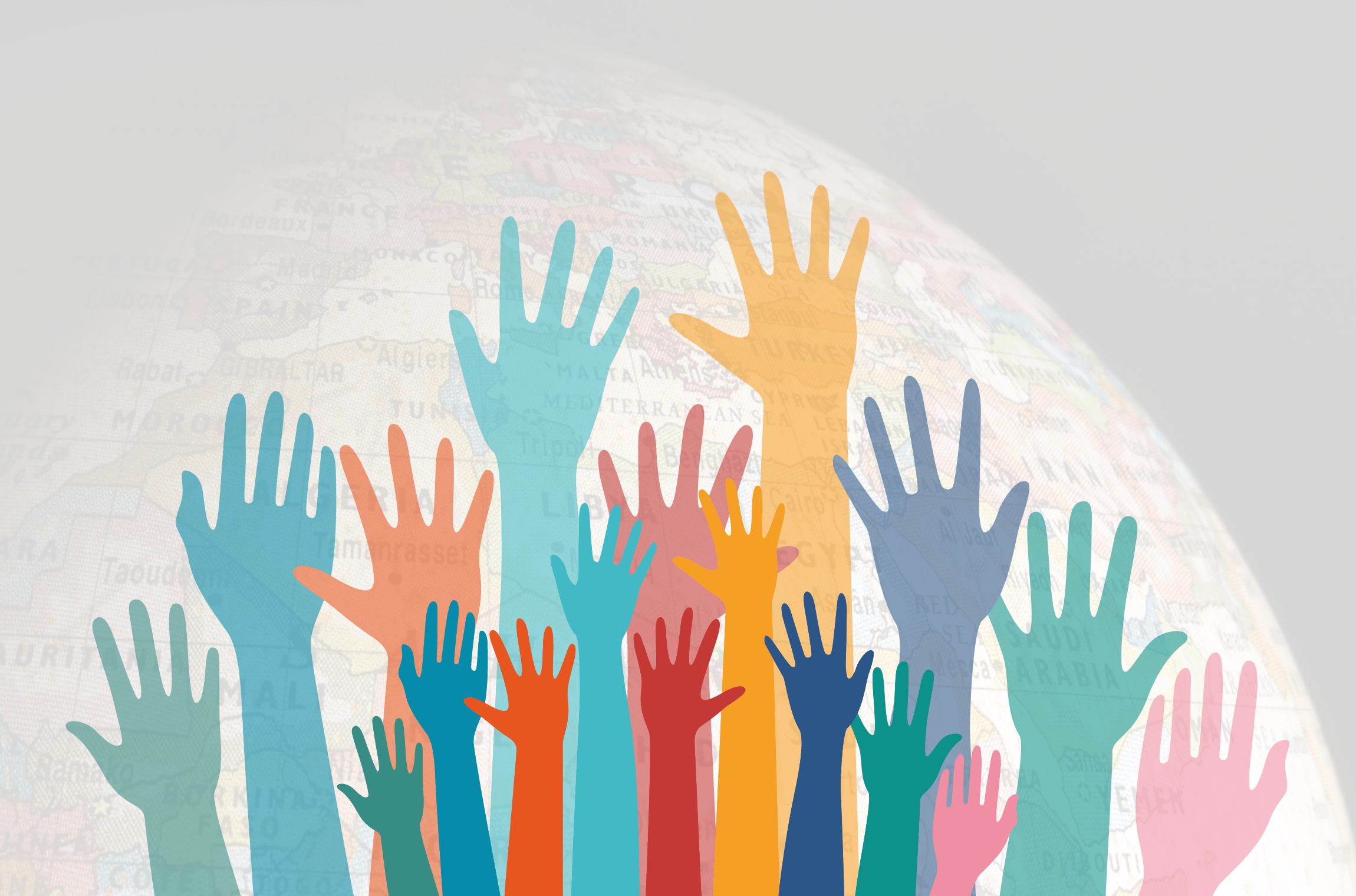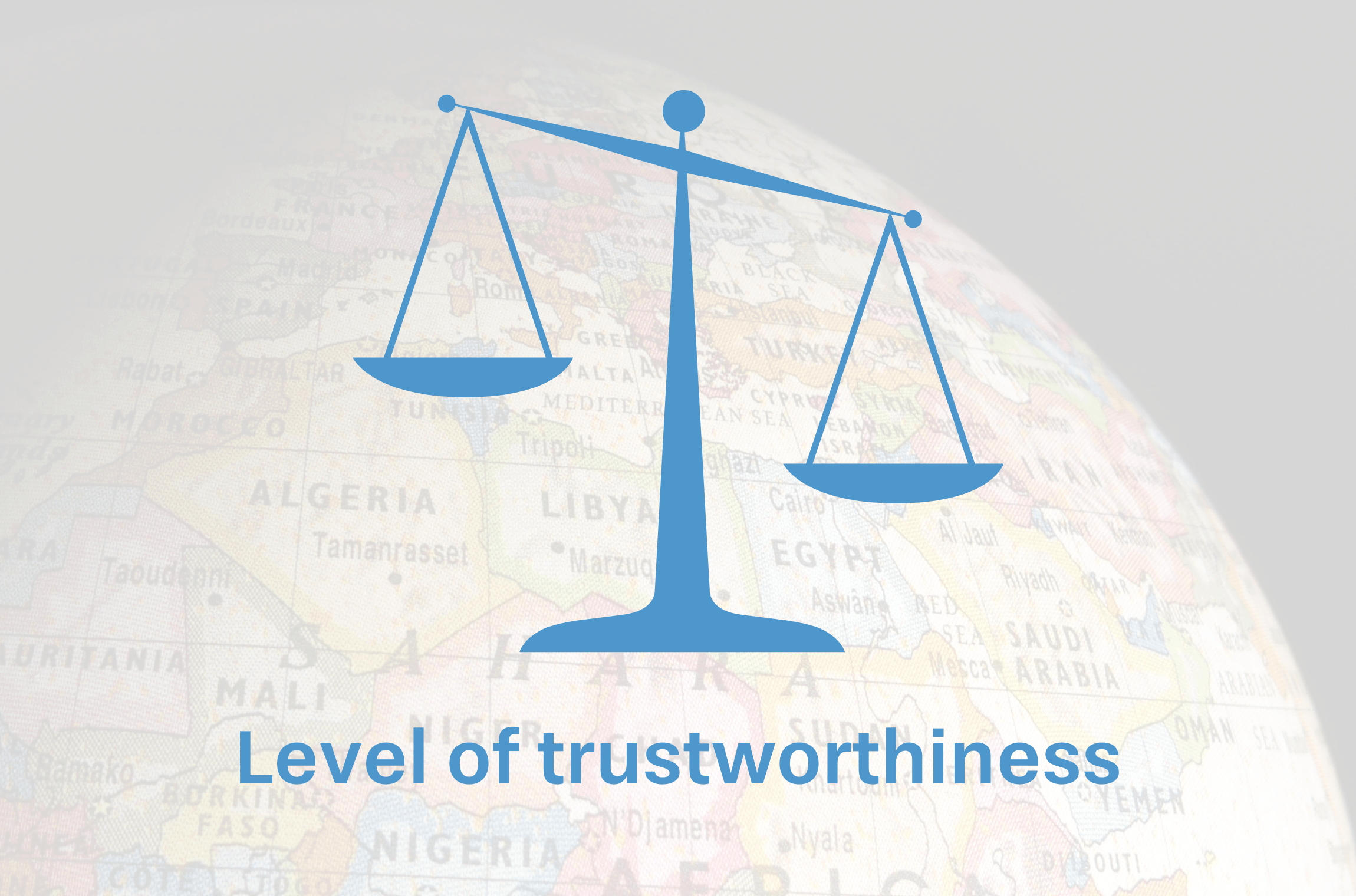Travelling with some "do-gooding" on the side - reflections on voluntourism
While it is possible to buy experiences abroad, the real opportunities that can launch or advance a career in international cooperation are usually not for sale. Some of these experiences can inadvertently harm the people you are trying to help. If you choose such packages, make sure that the providers comply with important standards, such as child protection.

cinfo is often confronted with questions relating to voluntary work, charity work or non-professional work in international cooperation (IC). Over a series of articles, we will shed light on various topics such as the value of volunteering for a professional career in IC, qualification criteria or the compensation or costs of placements.
This article looks at paid experiences in the grey area where tourism and serious volunteering meet.
Paying for the experience
Getting a foothold in the professional field of international cooperation can be challenging. So, is it worth investing in a paid first experience? There are packages available where volunteers pay to gain an introductory understanding that could help to build a career in international cooperation (see our article on the credibility of such opportunities). However, tourism packages that include placements as part of the journey, are in a completely different category.
The travel industry, recognising the emotional appeal of such experiences, has introduced opportunities for tourists to engage directly with local communities, often framed as a chance to "give back". This movement has evolved from language-focused tours to now encompass even cruises.
The travel industry has introduced opportunities for tourists to engage directly with local communities, often framed as a chance to "give back".
Understanding do-gooding
While the selling of experiences has always been a part of travel, a more pressing issue lurks beneath the surface. The desire of privileged travellers for "meaningful" experiences can overshadow the real needs of local communities.
Often these communities are treated as mere backdrops to a traveller's story. The idea of 'doing good' becomes distorted, driven by the traveller's perspective rather than the real needs of the community. Many operators create these experiences without proper consultation with the communities they claim to benefit.
Rather than promoting genuine development cooperation, voluntourism can perpetuate a misleading narrative that suggests these communities are helpless and dependent on outside help.
Many operators create these experiences without proper consultation with the communities they claim to benefit.
It's just tourism
The boundaries between good and bad, or "beneficial - neutral - harmful", are not always clear. However, one must recognise that such endeavours fall under tourism, not development cooperation or volunteer work. It is not about "helping", but at best about mutual enrichment within the framework of socially acceptable tourism, which can sometimes include some insights into development cooperation.
Due diligence is essential
Before committing to a voluntourism package, it's important to find out about the financial distribution: How much of your money is going there?
Also make sure that the programmes you choose adhere to key quality standards, such as child protection and the promotion of sustainable partnerships.
Make sure that the programmes you choose adhere to key quality standards.
Links
- fairjourney (fairunterwegs in German): fairjourney is the Swiss center of expertise that questions tourism from the point of view of development policy.
- Background Tours: Cultural and study trips with experts (in German)
- Sustainability & Commitment at Nature Tours (in German)
- Globetrotter Magazin: The travel magazine for world explorers (in German)
Voluntourism for a career?
To what extent does voluntourism - a combination of travel and volunteering - promote a career in international cooperation? Read more:
- Article "Paying for experience abroad" (in German / in French) (cinfo, 2012/2013)
- Voluntourism Policypaper (in German) (Brot für die Welt, arbeitskreis tourismus & entwicklung and ECPAT Deutschland e.V.)
- Article "Half tourist, half saviour" (in German / in French / in Italian) (Eine Welt, 1/2016)
- Voluntourism position paper "Good intention alone is not enough" (in German / in French) (Intermundo)






